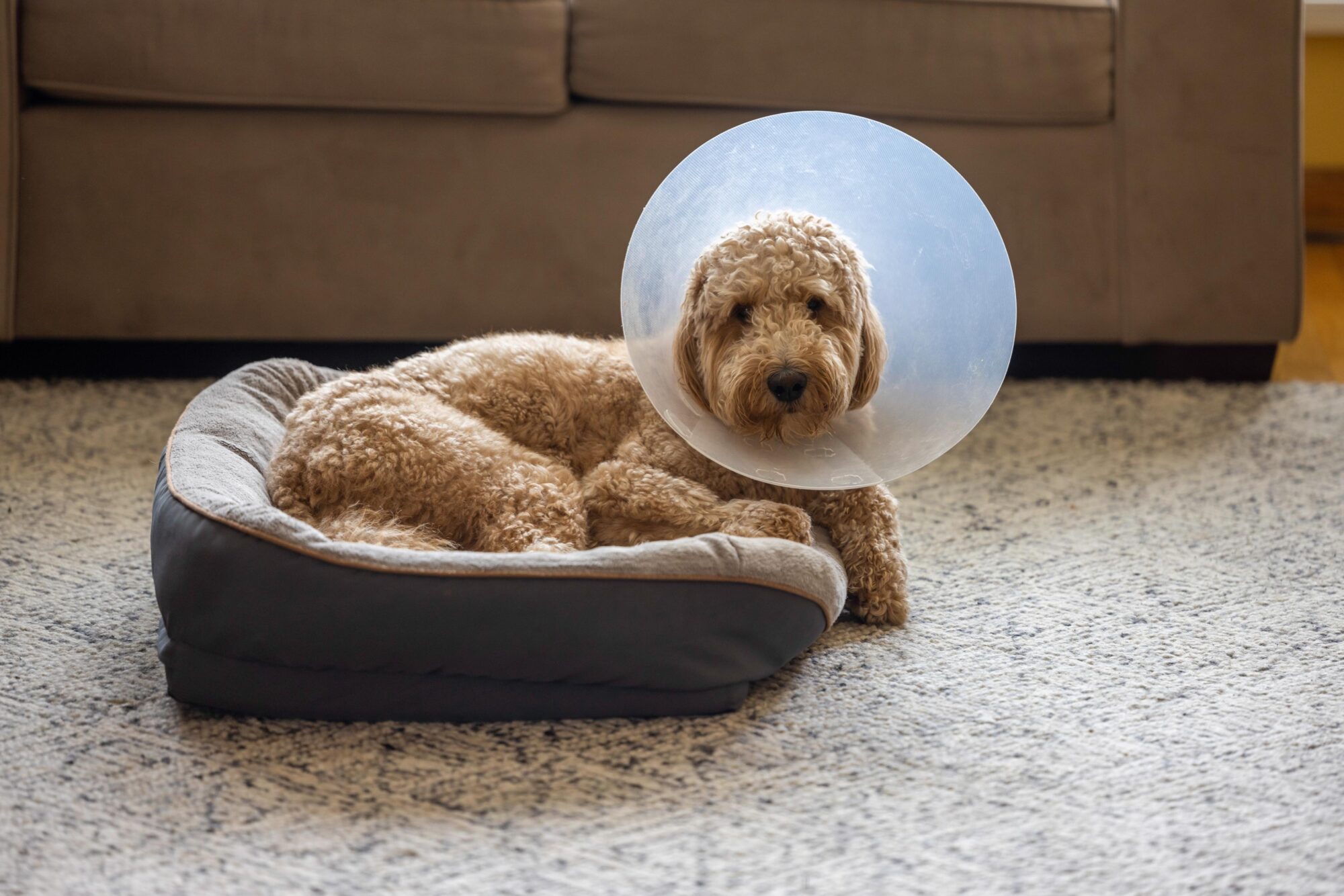Spaying and Neutering FAQ: Common Concerns Addressed for Pet Owners

It’s always good to question conventional wisdom, but most of the time we arrive at the same conclusions embraced by so many. In the case of spaying and neutering our pets, prioritizing long-term pet health is the priority. While there may be valid concerns about the procedure, anesthesia, and recovery, the bottom line is that spaying and neutering our pets is considered the best practice.
Standing Up For Pets
Pervasive myths about spaying and neutering continue to have a negative impact on pet health and the community. For example, some believe that a pet will gain weight and their personality will change after being spayed or neutered. There is also the widespread false belief that pets should have a chance to mate, carry, and deliver at least one litter of kittens or puppies in order to feel fulfilled.
What Is the Truth?
Up to 508 puppies can be born from a single female dog and her offspring in just seven years. Astonishingly, over 4,000 kittens can be produced by one cat and her offspring in the same time frame. Homelessness and euthanasia rates have skyrocketed, but they can be curtailed through surgical sterilization.
The Benefits of Spaying and Neutering
Not only does spaying or neutering prevent unwanted litters and reduce pet homelessness, the following health conditions are greatly reduced:
- Mammary, ovarian or uterine cancer
- Testicular cancer
- Pyometra, a potentially life-threatening uterine infection
- Prostate issues
Plus, surgical sterilization has a positive impact on behavior. Without their reproductive organs, pets no longer feel the urge to escape and roam the neighborhood, get into aggressive fights with other animals, run into the road, or show other territorial behaviors like mounting, humping, or urine spraying.
A Closer Look
As a part of every pet’s wellness plan, spaying or neutering saves money by eliminating the costs associated with birth, cancer treatment, infection, and other life-saving services. Opting in to this procedure may even add to a pet’s longevity.
Waiting for a pet to enter their first heat cycle may increase the risk of developing tumors later on. To prevent this, kittens and puppies as young as 4 months old can safely be spayed or neutered.
As mentioned above, weight gain is seen as a common side effect of sterilization. Weight gain is the result of too many calories consumed, too few calories burned off. We are always available to address both nutritional and exercise needs to promote overall health and wellness.
Spaying and Neutering in Ohio
The impact that spaying and neutering has on the local community cannot be overstated. With fewer homeless pets, animal shelters become less crowded. This can, in turn, lead to more adoptions and reduce euthanasia rates.
If you have questions or concerns about your pet’s wellness and long-term health, please give us a call at (330) 665-5915. Our team at The Gentle Vet is always happy to assist you.
